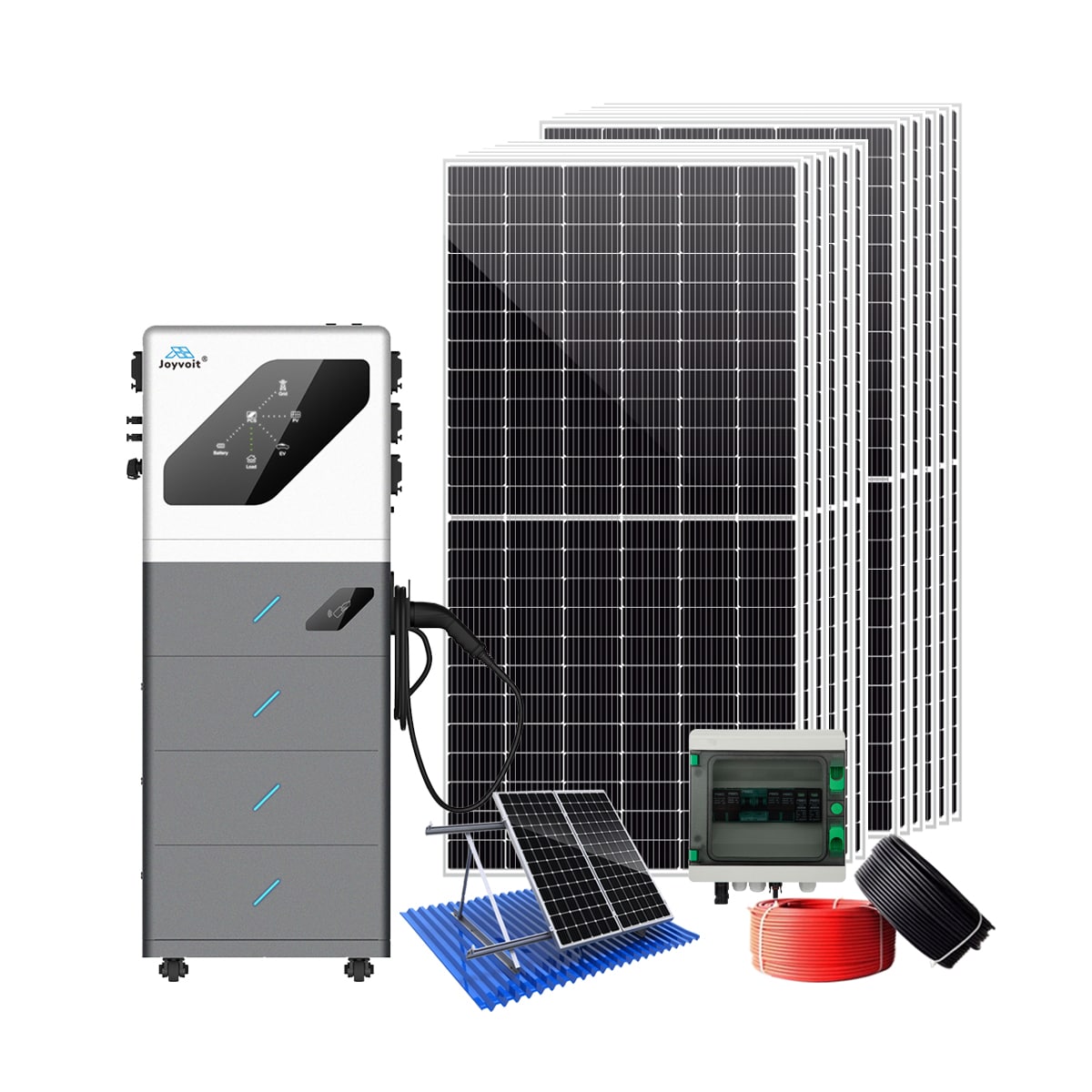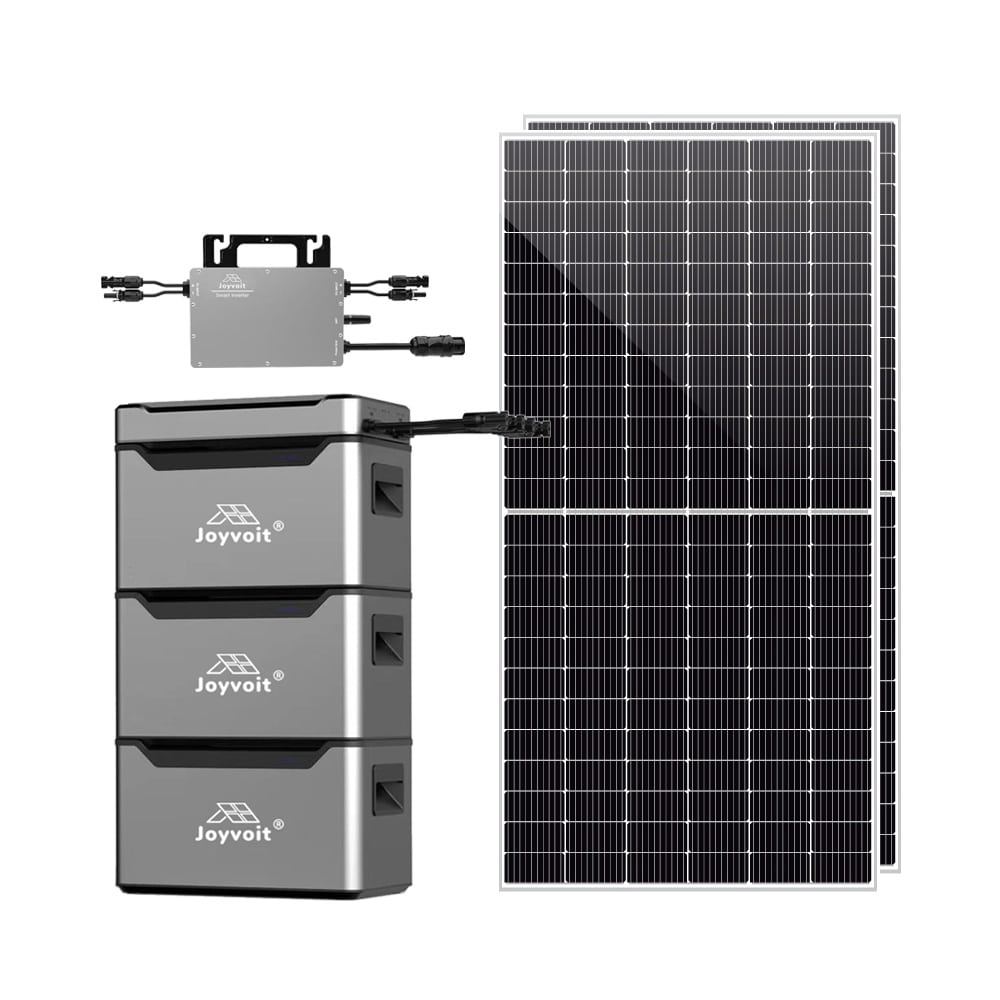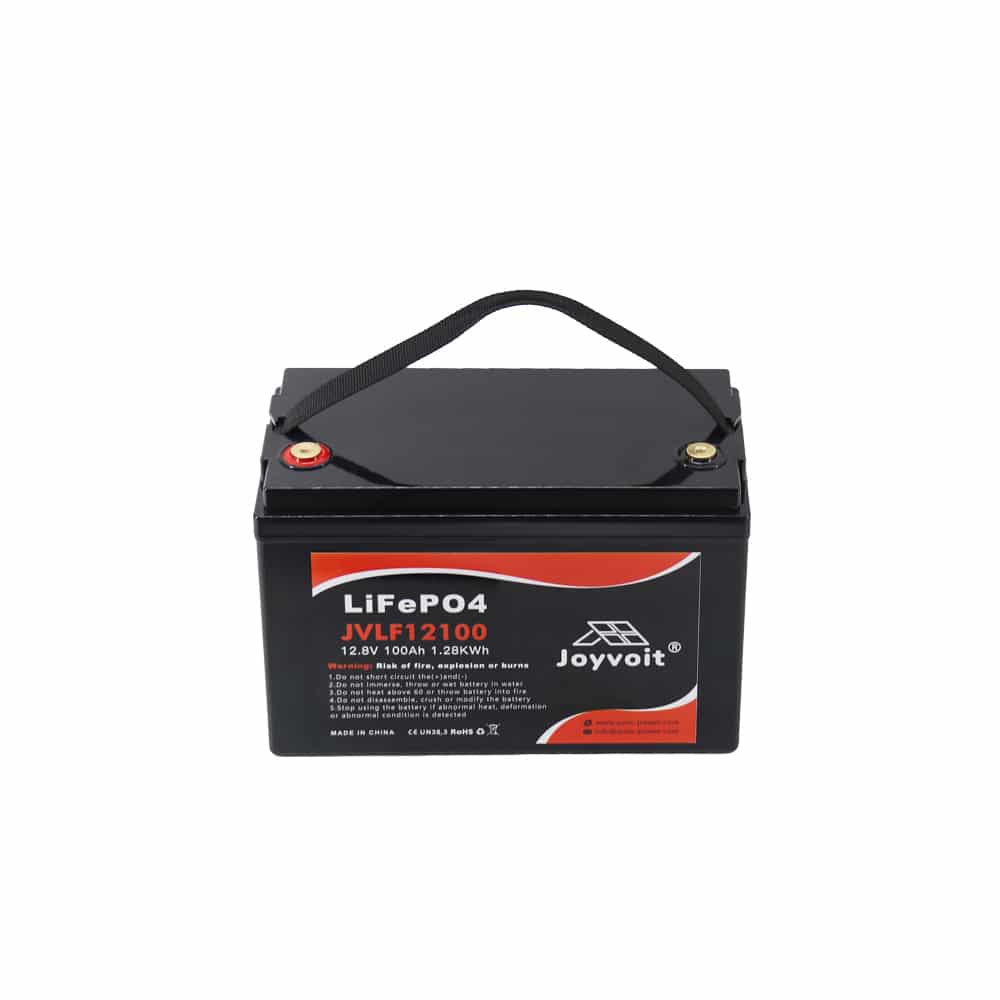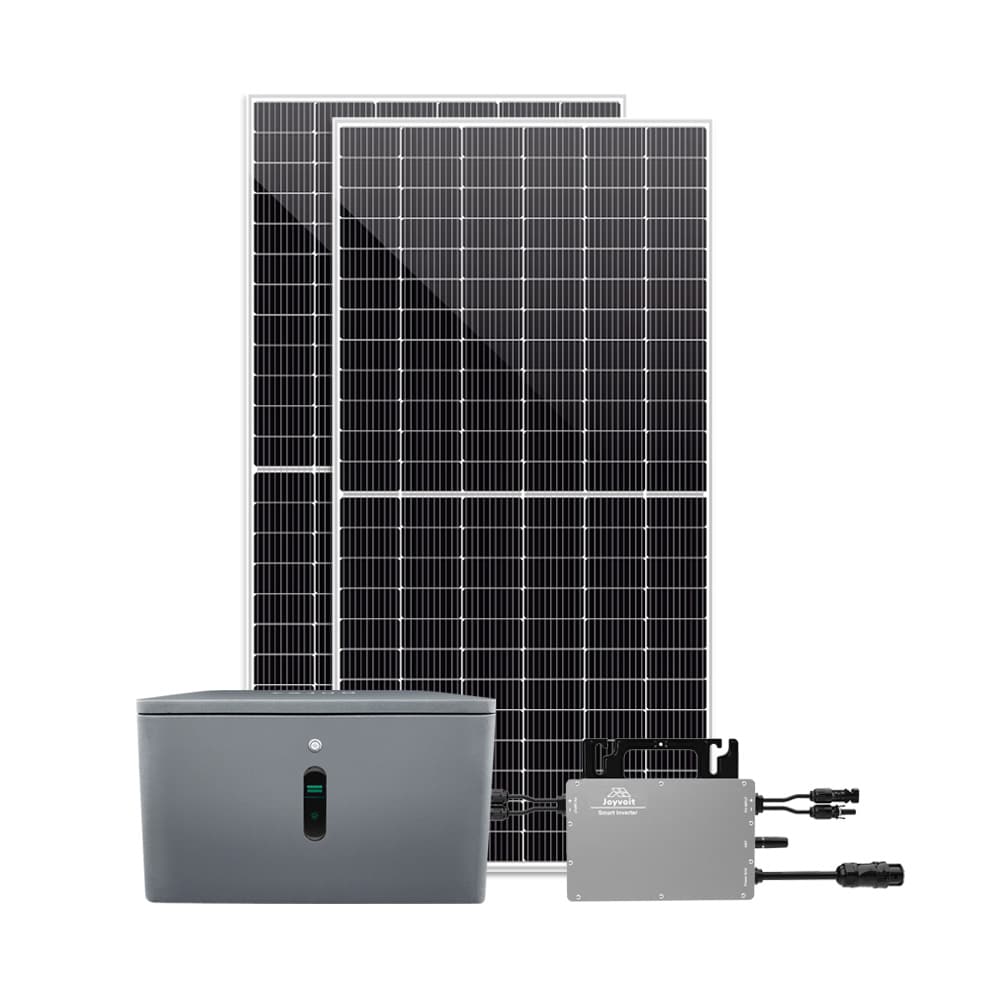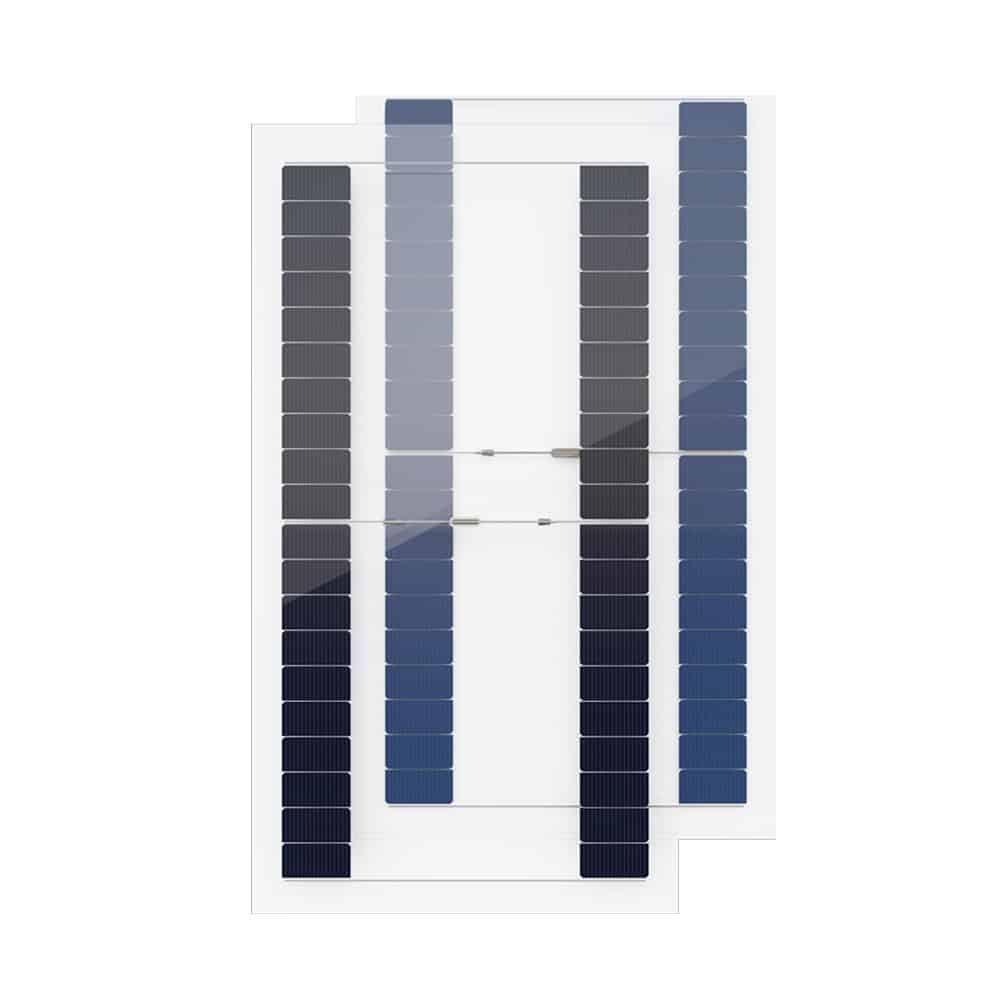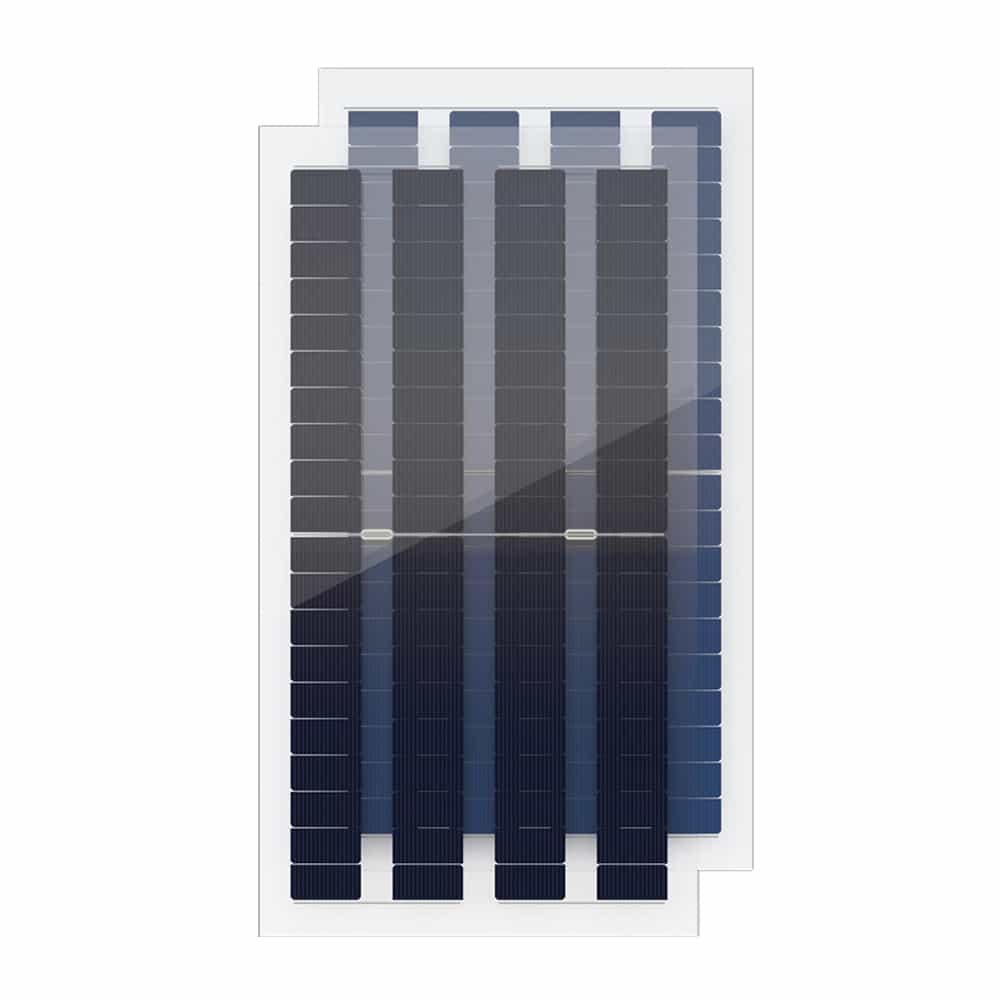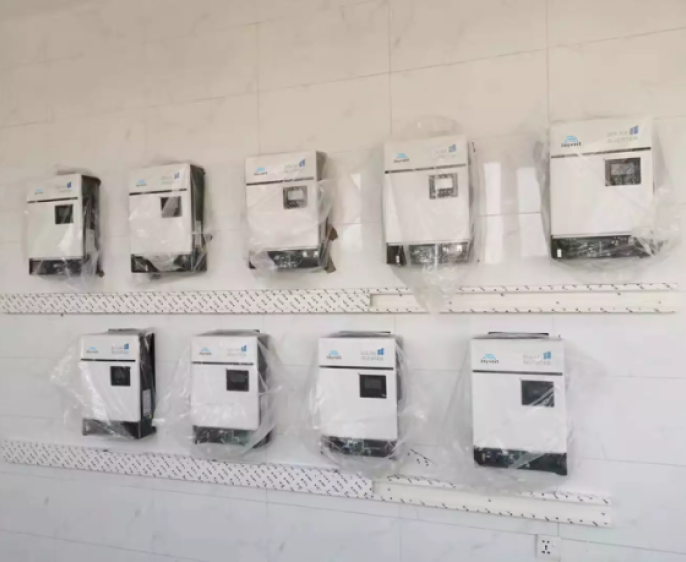
The Significance and Application of High-Frequency Inverters
Dive into the world of Shenzhen SUNS Energy, a foremost figure in solar energy, championing the manufacturing of premium, user-friendly solar products and delivering bespoke solutions molded to our client’s unique visions. We continue offering diverse solar utilities; our specialized services are tailored around in-depth customer collaborations. Every inquiry is met with rapid, technologically advanced designs, ensuring distributors and brand merchants receive optimal, tailored solutions. From pioneering product innovations to post-sales support, our commitment extends to impeccable after-sales services. With an ethos grounded in fostering growth and ensuring customer satisfaction, SUNS Energy is more than a supplier; we are a dedicated partner in your solar journey.
Understanding High-Frequency Inverters
At its core, an inverter is a device that converts direct current (DC) to alternating current (AC), making it compatible with standard appliances and the grid. However, inverters can be classified based on their switching frequency – mainly into low-frequency and high-frequency types. High-frequency inverters use modern, sophisticated semiconductor devices to switch at frequencies, often above 20 kHz.
Advantages of High-Frequency Inverters
1.Compact Design: Due to their ability to use smaller transformers and other passive components, these inverters are generally more compact and lightweight than their low-frequency counterparts. This makes them easier to install and ideal for portable applications.
2.Enhanced Efficiency: High-frequency operation reduces core loss in transformers, leading to higher overall efficiency.
3.Flexibility: These inverters can be easily integrated into various systems, be it solar setups, electric vehicles, or uninterruptible power supplies.
4.Noise Reduction: Operating at frequencies beyond the audible range, these inverters produce less acoustic noise.
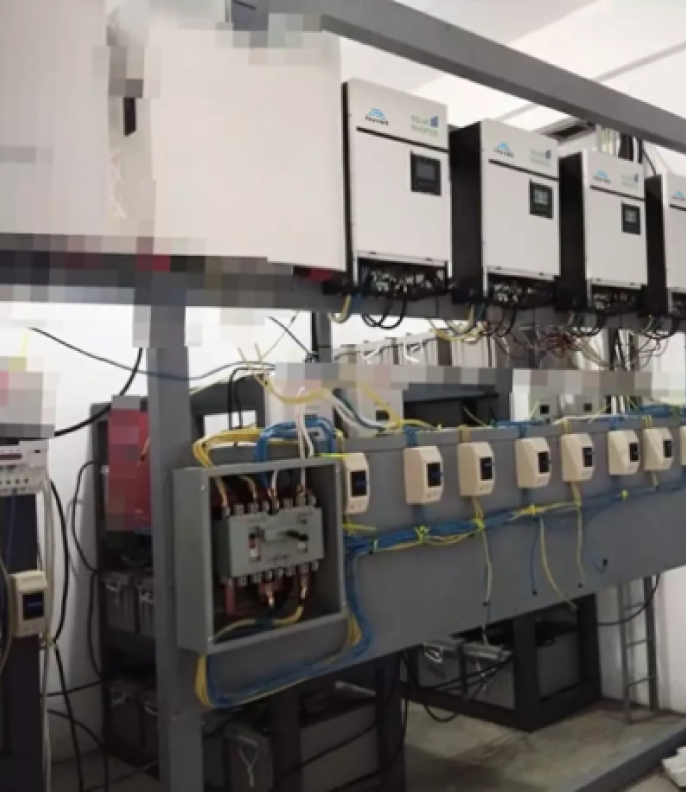
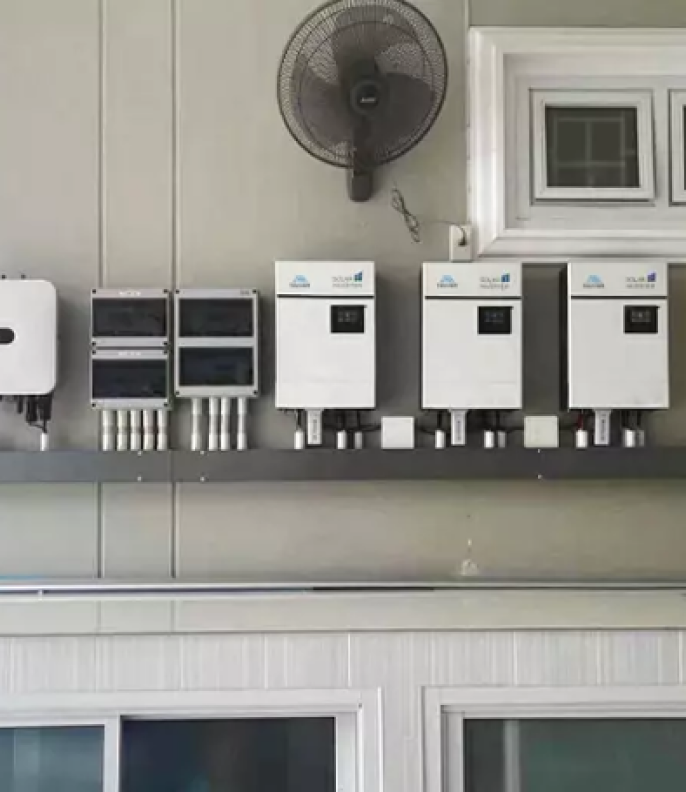
Applications of High-Frequency Inverters
1.Solar Power Systems: As the push for green energy intensifies, solar power systems have become increasingly popular. High-frequency inverters play a crucial role in these setups, converting the DC produced by solar panels into usable AC for homes and businesses. Their lightweight and efficient design makes them an excellent choice for residential and commercial solar installations.
2.Electric Vehicles (EVs): EVs require powerful inverters to transform the DC from their batteries into the AC that drives their electric motors. With their efficient and compact design, high-frequency inverters have found extensive applications in this domain.
3.Uninterruptible Power Supplies (UPS): UPS systems ensure that critical devices like computers and medical equipment continue to operate during power outages. High-frequency inverters are pivotal in these systems, offering rapid response times and efficient power conversion.
4.Portable Power Solutions: From camping to emergency power backup, mobile power systems benefit immensely from high-frequency inverters’ lightweight and compact nature.
Conclusion
High-frequency inverters, with their myriad advantages, have firmly established themselves as indispensable components in the energy landscape. Their ability to offer efficient, noise-reduced, and compact power conversion makes them the preferred choice in various applications, from solar power systems to electric vehicles. As technology progresses, one can anticipate even more innovative applications and improvements in this domain, solidifying the high-frequency inverter’s position as a cornerstone of modern electrical systems. Understanding and utilizing high-frequency inverters is paramount for anyone looking to tap into the benefits of contemporary energy solutions.
Join the Solar Revolution with SHENZHEN SUNS ENERGY!
Join 80,000+ customers. Explore innovative solar solutions for a greener future. Act now for a brighter tomorrow!

